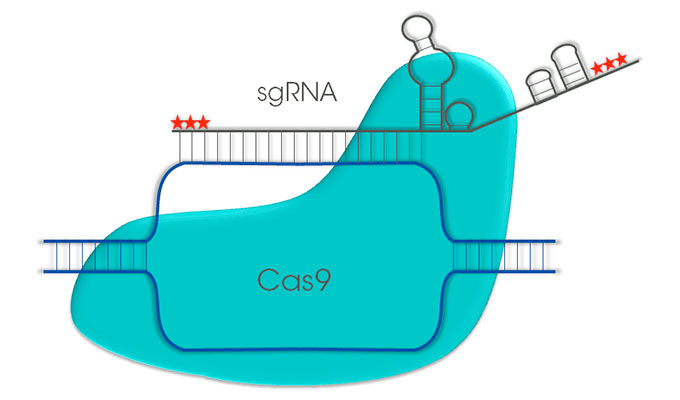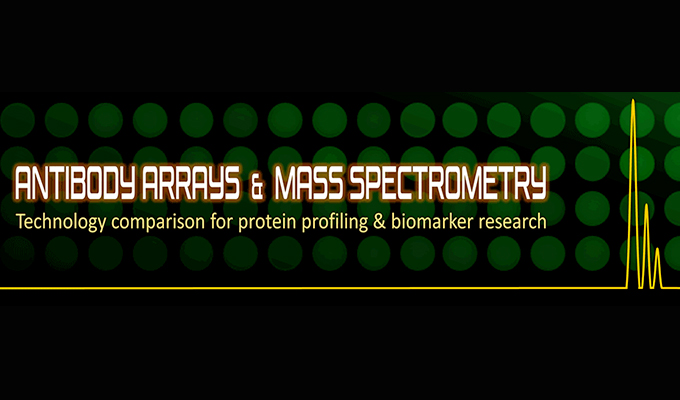Knowing the Human genome better has allowed major advancements in Personalised Medicine. Nowadays, we can know (if we want) the likelihood to develop a given disease and/or how we will react to different pharmacological treatments. Examples of this include diseases like breast cancer (for diagnosis or estimation of likelihood) and lung cancer (for response to treatment), to name just a few.
That said, our genotype does not have the last word. Research in the last couple of decades has shown the power of other regulatory mechanisms, that may enhance or diminish the effect that our genotype will have on our health. Starting from basic healthy life styles, to other more subtle mechanisms, our genotype defines us, but not completely. Above genetics, we have epigenetics… and everything at the protein level. This post will focus on Post-Translational Modifications (PTM), because, after all, it’s the proteins that are the final effectors of a given response to a treatment or to an environmental stimulus.
Upon translation, proteins are trafficked to their proper subcellular location so that they can perform their physiological functions. One mechanism that mediates correct protein localisation and function is PTMs. PTMs include protease cleavage, protein folding, and the attachment of molecules such as biochemical functional groups (e.g., acetate or phosphate) or small proteins (e.g., Ubiquitin or Small Ubiquitin-like Modifier (SUMO)).
In this way, PTMs provide cells with a second level of regulation of protein function, signaling, and fate.
PTM-mediated regulation involves alteration of protein binding motifs, thereby affecting the binding with other proteins, nucleic acids, and various small molecules. Enzyme-mediated reversible PTMs offer an especially powerful modulatory tool that enable proteins to perform multiple tasks systematically while the protein remains under precise regulatory control.

In short, PTMs extend the function of proteins and influence almost all aspects of normal cell biology and pathogenesis. PTMs include, but are not limited to, phosphorylations, sumoylations, ubiquitinations, glycosylations, acetylations…and all these modifications have a biological meaning, changing the way a protein acts in the cell…and in the organism.
Phosphorylations have been the focus of many studies for a number of years, and they are key to understand the mechanism of action of some drugs. Other PTMs are not so known, though their effect starts to be known already. In order to assess different PTMs, use of specific, sensitive and validated antibodies is mandatory.
Here is a selection of the most popular or recent monoclonal antibodies extensively validated for PTM studies:
- Phosphorylation studies with the new Anti-P-Tyr (clone 27B10.4) display perfomances greater than the conventional 4G10 clone
- Acetylation studies with Anti-Acetyl-Lys (clone 3C6.08.20) for IP, WB, ChIP and IF applications
- Ubiquitination and SUMOylation studies with Anti-Ubiquitin (clone P4D2) and Anti-SUMO 2/3 (clone 12F3). These 2 clones are a complement of the 3 monoclonals (VU-1, FK-2 and LUB-9) known to discriminate Ub and polyUb chains
Interested in PTM studies via robust monoclonal antibodies?
You can either choose a sample size to try them out, or benefit from a 20 % discount until mid-September. Contact us if you’d like to know how to benefit from this promotion.



